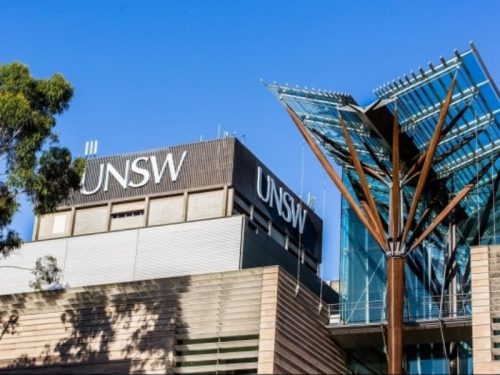No products in the cart.
UNSW catering to millenials’ preference for value-based MBA programmes
Business schools are rewriting their curriculums to suit the purpose-based educational needs of millennials – the generation born between the years 1980 and 2000 who have reached adulthood in the early 21st century. Tracy Wilcox, academic director – business school and senior lecturer for business ethics, sustainability, University of New South Wales (UNSW), Sydney, Australia says, “A lot of research pertaining to millennials shows they are keen on making a difference in the real world and want value-based and purpose-based study options even for business management programmes. Since we are attracting an entirely new set of students who want to optimise business studies to make the world better we at UNSW have incorporated the United Nation’s sustainable development goals, social impact, and positive student experiences as part of our 2025 strategy. Our business school has a centre for social impact and includes education and research activities that make a difference in the world. We have also introduced programmes like a graduate diploma in social impact and master of commerce in global sustainability and social impact.”
UNSW is globally ranked among the top 50 universities in the world offering programmes in engineering, business, law, architecture, art, and design, medicine and science. The university caters to 1200 Indian students for its undergrad and postgraduate degrees and has been conducting multi-city outreach events in India to attract students looking to pursue their higher education in its Sydney campus. Its latest India outreach programme held in Mumbai on 10 November had the university’s department heads and deans interacting with students.
Speaking about the rising popularity of UNSW’s design-related courses amongst Indians, Vaughan Rees, associate dean, Faculty of Art and Design said, “The new age younger generation understands design and what can it do even though parents find it a little difficult to understand the all-pervasive career options such courses offer. In a robotic and digital world, design and innovation have become more important since robots cannot perform creativity-oriented jobs. We have a large number of student enrolments from the architectural and engineering background choosing for a Masters in Design programme. Most of them come from reputed undergraduate institutes of India like the National Institute of Design (NID). For undergraduate programmes, we have seen a new set of admissions, and our numbers have been rising with students particularly opting for Media and Design courses. India has always been rich in design be it jewellery or tableware. So it’s not surprising to see the growing number of students interested in pursuing design.”
UNSW offers work-integrated-learning from the first year onwards across all its design-related programmes including undergraduate ones and supports students with internship opportunities at more than 1000 companies across 22 countries across the globe.
The UNSW has instituted the ‘Future of Change’ scholarship programme for Indian students who are keen to pursue their educational aspirations at UNSW. The scholarship features a full tuition fee waiver for the duration of a student’s programme, while other scholarships valued at $10,000 per year are also available.
Dipta Joshi
















Add comment